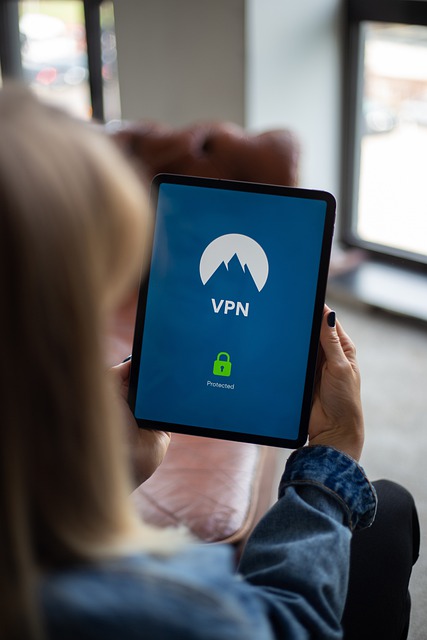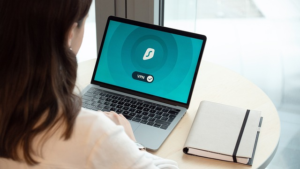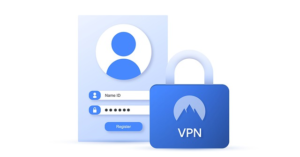
WeDesing/Shutterstock.com
Decentralized VPNs, also known as dVPNs, are a hot new technology that’s slowly gaining awareness with the tech-loving public. Offering greater transparency as well as bargain-bin prices, they may be the gateway to a bright new, decentralized internet of the future. Right now, though, you may be wondering if they get through to Netflix.
Here’s the good news: the most easy-to-use dVPN out there, Mysterium, does a great job of cracking Netflix and potentially at much better prices than regular VPNs do. The bad news is that to use it you’ll need to purchase some crypto and figure out a bit how it all works before getting started.
Using a dVPN for Netflix
As we explain in our article on how to use decentralized VPNs, Mysterium is a great way to get started. In many ways, it’s as easy to use as a regular VPN. Installation, payment, and connecting work very similarly to a more traditional VPN service.
Well, it works almost the same: Instead of servers, you connect to so-called nodes. Some are operated by Mysterium itself, while others are run by users just like you. When you use these nodes, your payment goes directly to them, with the platform taking just a cut for itself.
If you want to use Mysterium to access Netflix, it’s these nodes you want. Marked with an “R”—which stands for “residential”—these are the ones that give you the best chance of accessing another region’s library.
This is because of the way that Netflix detects VPN usage: The company, through several means, has a database of IP addresses used by VPNs. The only way around this is to use a residential IP address, one used by another individual. Regular VPNs are using this tactic, too, but the way dVPNs are set up it’s simply easier for them to get a hold of them.
That said, it doesn’t make dVPNs bulletproof: several times while using Mysterium, we were detected and had to switch to another node. In most cases the next one on the list would do just fine. We assume either we or somebody else using the same node did something suspicious that triggered Netflix’s detection system somehow.
Using Mysterium for Netflix
Besides that, though, our experience using Mysterium for Netflix was quite positive. Once we had set up the dVPN—something we go over in our guide on how to use a dVPN—we tried several nodes.
As expected, the “blank” nodes, those without the “R,” didn’t get through to Netflix. Each and every one we tried, about five or so, returned Netflix’s generic selection offered to people in every country. The residential nodes did a lot better, though, and got through practically every time.
We tried about three different ones in the U.S.—a quirk of Mysterium is that the exact locations aren’t given, something we hope gets fixed soon—and all but one worked just fine. We were able to browse some exclusive content and even watched a few minutes of a few shows to make sure everything kept working okay.
The only real downside was that the speeds were quite bad when connecting from our location in Cyprus to the U.S. VPNs, decentralized or not, lose speed the farther away you are from your node or server. dVPNs perform even worse than regular VPNs in this case, so connecting from Cyprus all the way to the U.S. made our speeds go from about 100Mbps to about 5Mbps.
The UK was a lot better, however, with speeds of about 20-25Mbps, which isn’t a great result but plenty fast for Netflix. Again, we tried several servers, and all worked, though twice we did meet the feared “proxy error” screen that informed us our VPN use had been detected in the middle of streaming. Switching servers quickly fixed this, though.
We watched about three films over the course of a weekend and spent only about half of a MYST token, which works out roughly to about $0.30 in September 2022—a pretty good deal. If all you use your VPN for is Netflix, it’s definitely a lot cheaper than most VPNs. If you’re looking for a new way to crack Netflix’s block at a low price, Mysterium seems like a good way to do it.
Source: https://www.howtogeek.com/824266/can-you-stream-netflix-on-a-decentralized-vpn/


